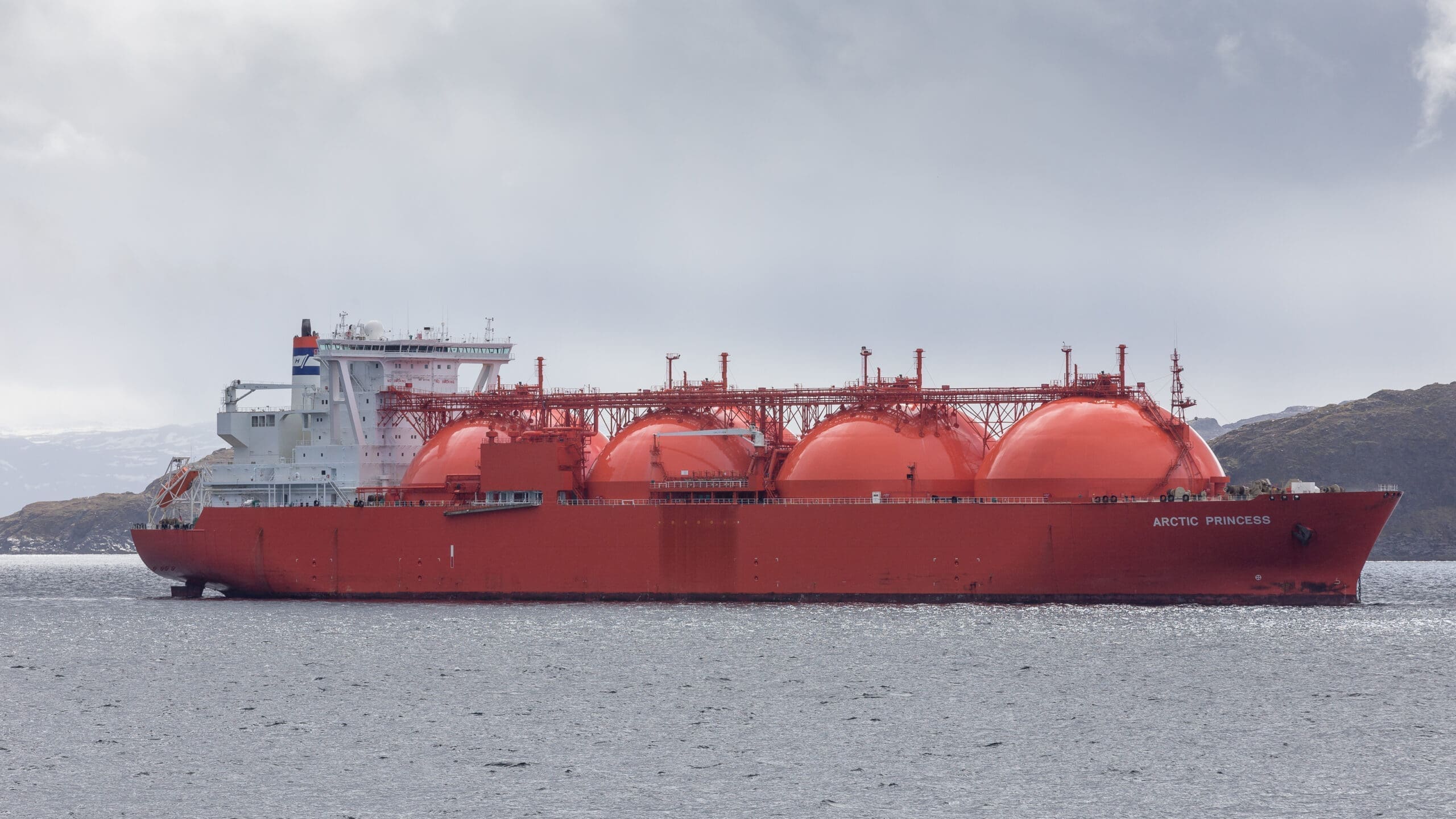Ukraine signed on Thursday its first liquefied natural gas (LNG) deal with a U.S. company to help to avert an energy supply crunch amid a war with its bigger neighbor Russia.
DTEK Group, Ukraine’s largest private energy company, said it would buy LNG from U.S. energy group Venture Global. Under the agreement, DTEK’s trading unit D. Trading will buy cargoes from Venture Global’s Plaquemines LNG facility in Louisiana from later this year until the end of 2026.
D. Trading will also purchase up to 2 million tonnes per year of LNG from Venture Global’s third facility, Calcasieu Pass 2, for 20 years.
Ukraine currently has no regasification terminals for LNG imports, but DTEK has contracts for regasification capacity elsewhere in Europe which have connecting pipelines with Ukraine. DTEK was not immediately available for comment.
Earlier this year, Ukraine joined an initiative for a planned corridor to carry gas between Greece and countries to its north and Ukraine also has a pipeline link with Poland which has an LNG terminal.
Ukraine said on Thursday it needs more air defenses within weeks to allow repairs to half of its power infrastructure destroyed by Russian attacks, or it will not be able to meet demand in the winter.
Ukraine has previously said it will not extend a five-year deal with Russia’s Gazprom on the transit of Russian pipeline gas to Europe when it expires at the end of the year and has been exploring options for alternative supply.
Venture Global LNG’s initial Calcasieu Pass plant has been at the center of a long-running dispute involving energy companies, including BP, Shell, and others, over access to LNG from the plant.
The disputes have not stopped it from signing LNG supply deals, including a 20-year deal signed in June last year to provide Germany’s Securing Energy for Europe GmbH (SEFE) with 2.25 million tonnes per annum of LNG.
(Reuters reporting by Seher Dareen in Bengaluru, Nina Chestney and Marwa Rashad in London and Marek Strzelecki in Warsaw; Editing by Nivedita Bhattacharjee, Varun H K and Jane Merriman)





